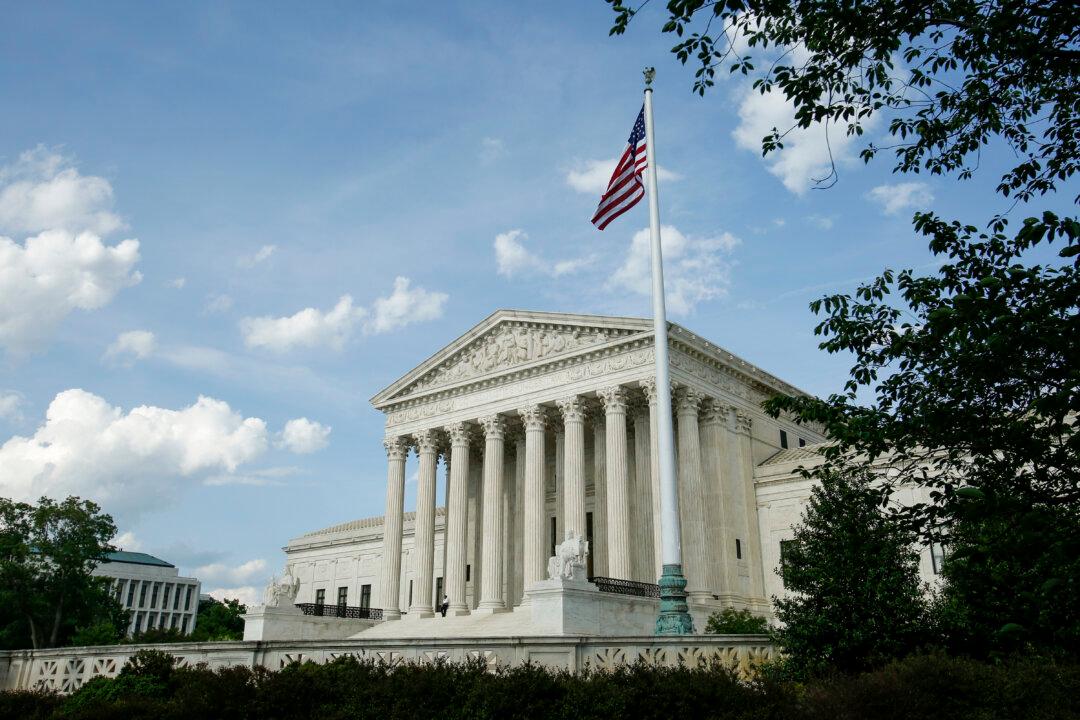The U.S. Supreme Court on Friday has agreed to take up a dispute that questions whether an electoral college member is bound by the state to support the presidential candidate chosen by the popular vote.
The top court granted a petition to review a pair of cases—from Washington state and Colorado—that will decide the enforceability of state laws that threatens to penalize a presidential elector if they refused to vote for the candidate they pledged to support, commonly referred to as “faithless electors.”




